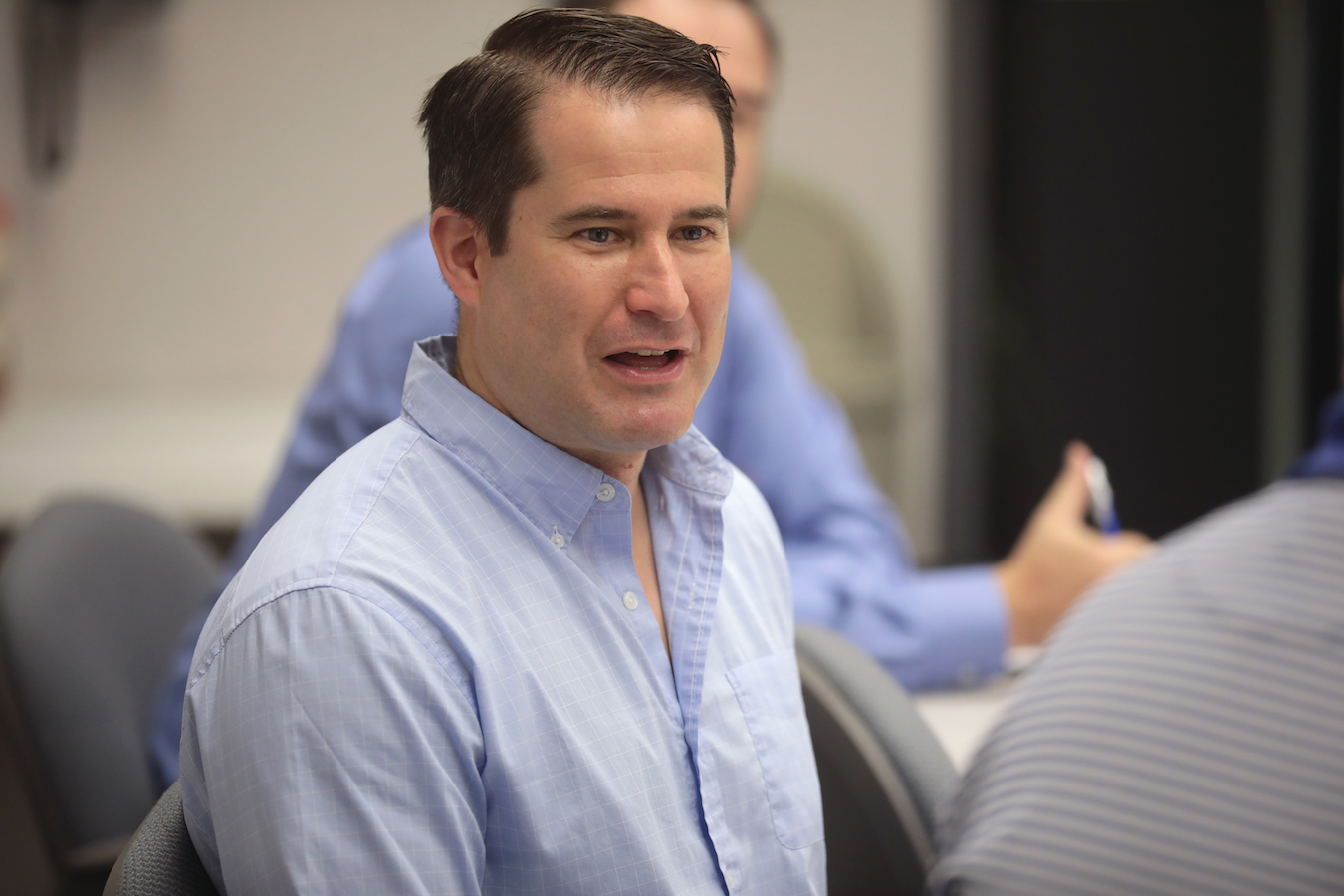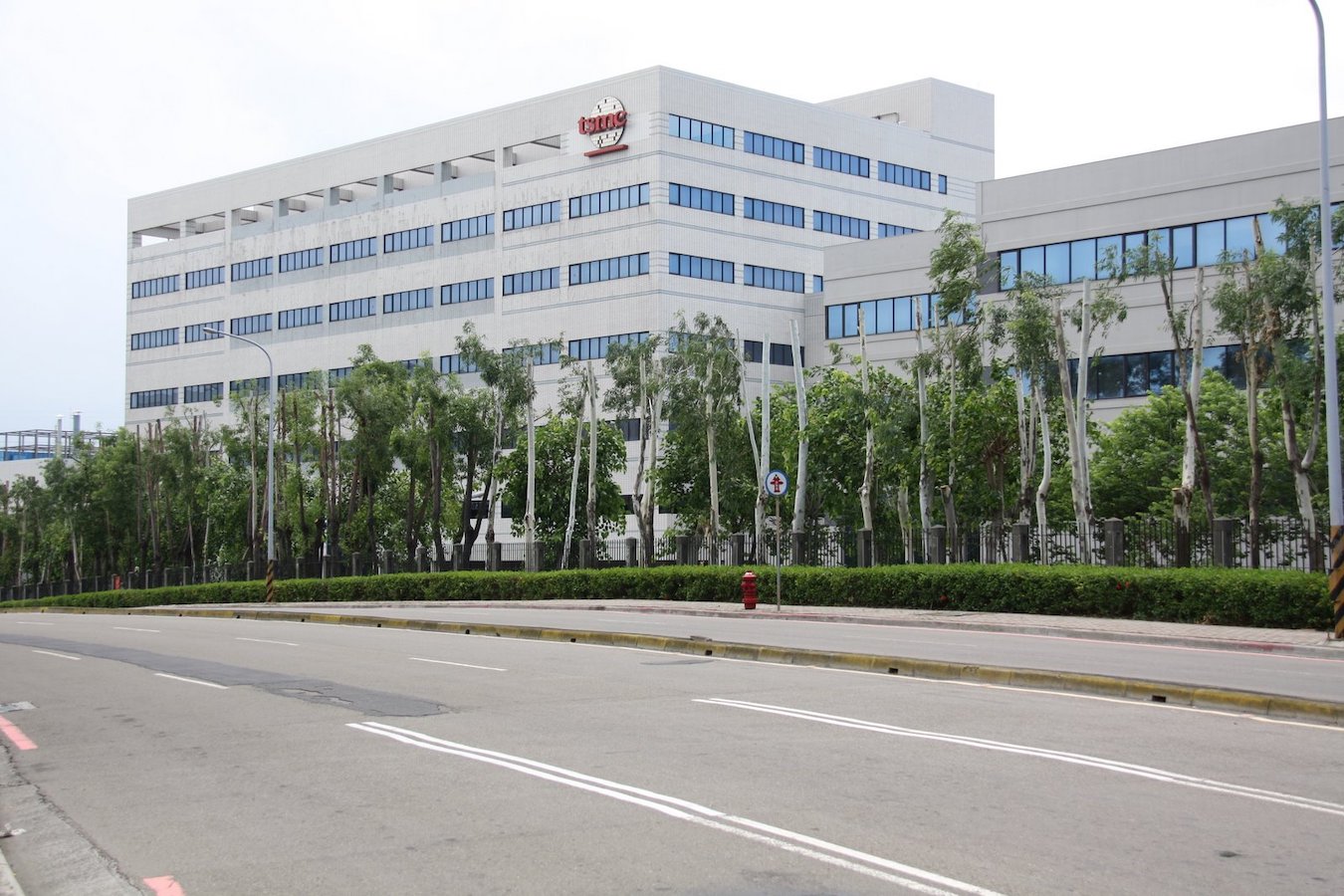by Brian Hioe
語言:
English
Photo Credit: 曾 成訓/WikiCommons/CC BY 2.0
RECENT COMMENTS by US House of Representatives member Seth Moulton suggested that the US should destroy TSMC facilities in the event of a Chinese invasion. Moulton’s comments were later seized on, mostly by pan-Blue media, to suggest the unreliability of the US as an ally. Since then, Moulton has claimed that the comments were selectively clipped.
In particular, Taiwan currently maintains dominance in global semiconductor manufacturing, producing more than 90% of advanced chips and 60% of overall supply. This is one of the reasons by western powers are invested in Taiwan’s defense. Namely, such powers need Taiwanese semiconductor for electronics manufacturing.
China is also reliant on Taiwanese semiconductors–to the point that reporting by the Washington Post, denied by TSMC, suggested that Taiwanese semiconductors were present in the missiles that China has pointed at Taiwan. That China is dependent on Taiwanese semiconductors is thought to deter China from attacking, a view that has been referred to as the “Silicon Shield” argument. If China were to try and invade Taiwan, it would also aim to avoid inflicting damage on Taiwan’s semiconductor infrastructure.
 US Congressman Seth Moulton. Photo credit: Gage Skidmore/WikiCommons/CC BY-SA 2.0
US Congressman Seth Moulton. Photo credit: Gage Skidmore/WikiCommons/CC BY-SA 2.0
Although Taiwan’s dominance in semiconductor manufacturing largely flew under the radar for many years, there was increased awareness of this fact after supply chain shortages following the COVID-19 pandemic. Moreover, greater attention to Taiwan’s geopolitical risks has led to awareness of the dangers of that so much of global semiconductor manufacturing is centralized in Taiwan.
But Moulton’s comments suggested that China would have no reason to attack Taiwan if Taiwan’s semiconductor fabs were destroyed and that the US should openly promise this, so that this prevents China from attacking. This is a strange misconception that is increasingly prevalent in light of the world’s suddenly waking up to the role that Taiwan plays in semiconductors.
Destroying TSMC fabs would not deter China. It is important to note that at various points in the PRC’s history, the CCP has actually suggested that it did not have ambitions on Taiwan and would be fine with Taiwanese independence. China has not claimed Taiwan since time immemorial, with Taiwan only becoming a province under the Qing. Yet the CCP’s emphasis on claims over Taiwan far predates Taiwan’s current global semiconductor dominance. Moreover, the CCP desires Taiwan out of nationalist conviction and because of the geostrategic role that Taiwan could play in expanding maritime power–it is not merely because of semiconductors that the CCP desires Taiwan.
Nevertheless, in this way, Moulton has given ammunition to those seeking to sow doubt about US-Taiwan relations. Apart from past occasions in which US government officials have suggested destroying TSMC facilities, a US War College paper suggesting the idea did not go unnoticed in Taiwan.
TSMC’s recently inaugurated Arizona plant has, too, been criticized as an attempt by the US to siphon away core industries from Taiwan so as to avoid dependency on Taiwan. In this way, the Tsai administration has been attacked for “giving away” TSMC to the US.
 Photo credit: Arusanov/WikiCommons/Public Domain
Photo credit: Arusanov/WikiCommons/Public Domain
The notion that the US would attack and destroy TSMC facilities and that the Tsai administration would allow for this will be further used for attacks by the pan-Blue camp and potentially Chinese disinformation. Of course, an attack on TSMC by the US would be an act of war, and would be resisted militarily by Taiwan. Hence recent comments by Minister of National Defense Chiu Kuo-cheng that the Taiwanese military would not allow the US to destroy TSMC. Previously, Chiu denied claims that the Taiwanese government would seek to evacuate TSMC engineers first in the event of an invasion.
Even if the US is Taiwan’s security guarantor from the threat of Chinese invasion, it is unlikely that the Taiwanese military would allow this to take place. Views such as Moulton’s, then, do not take Taiwanese agency into account–particularly with regards to how such comments would be weaponized in the domestic news cycle–and more or less assume that Taiwan would simply acquiesce to anything the US does.
In fact, Moulton’s suggestion would not be in the US’s interests either. Global economic catastrophe would ensue from the US destroying TSMC, significantly affecting the US and other western powers given their dependency on TSMC. Moreover, US allies around the world would be significantly more skeptical of the US afterward, following the US attacking critical infrastructure of an ally unprovoked. As such, these comments prove shortsighted at best.

